Accordingly, Point b, Clause 2, Article 19, Chapter IV, Draft Law on Vocational Education (amended) clearly states: "Lecturers and teachers with joint tenure are those who have been recruited at an agency or unit other than a school in the national education system, appointed by a vocational education institution to hold the position of teaching specific specialized fields and professions if they meet professional standards".
In reality, vocational schools are facing a serious shortage of teachers/lecturers, especially in specific professions related to new technology or production practices in enterprises. According to the Ministry of Labor, War Invalids and Social Affairs (formerly known as the Ministry of Labor, War Invalids and Social Affairs), the proportion of vocational education teachers who teach integrated teaching is low (about 50%), a number of teachers who teach theory have limited vocational skills, and teachers who teach practice have limited professional knowledge. This is a big challenge for the team in responding to the innovation of vocational education when it is required that at least 70% of teachers teach practice (integrated teaching).
In recent times, in order to have lecturers/teachers to meet the practical teaching requirements, many vocational schools have promoted the attraction of guest lecturers. However, most of those who are qualified to be guest lecturers are working in other agencies, leading to the possibility of conflicts in labor use and information security. Guest lecturers work on a seasonal or short-term basis, so the level of commitment to the school's training strategy is not high, and is not considered for calculating quotas when recruiting or opening new majors.
In the context of a rapidly changing labor market and increasingly high requirements for training quality, the addition of co-tenant teachers/lecturers to the team in the Draft Law on Vocational Education (amended) is a positive signal, expected to help vocational schools mobilize teaching human resources well.
Although joint teachers/lecturers do not work full-time, if they have a clear and long-term commitment to their expertise, it will open the way for schools to attract human resources from businesses, especially in the dual training model. The title of joint teachers/lecturers is also expected to be counted in the enrollment quota when vocational schools open new majors, opening the way for training to meet social needs.
Despite the positive reception, some vocational school leaders also expressed some concerns when adding the position of co-tenant teachers/lecturers in the school. How will the assignment and assignment of this position be? Will there be a situation where co-tenant teachers are only nominally employed to meet the conditions for opening a major or maintaining a training program, while in reality these people are not directly involved in teaching?
If joint-tenure teachers/lecturers are counted in the enrollment quota when opening a new major, what is the appropriate number and ratio of the quota?... In the future, if many schools reduce the ratio of joint-tenure teachers/lecturers and increase the number of joint-tenure teachers/lecturers, how will it affect the stability and development of the team?
Adding a position of co-teacher/lecturer will be an important solution to solve the problem of shortage of teaching staff, at the same time increase the connection between schools and businesses, and update new technology in training. Because the concept of this position is still new, it is natural that there are concerns.
In order for the new policy to be effectively implemented when the Law on Vocational Education is passed, it is necessary to have more detailed instructions on standards, assignment, and responsibilities as well as regulations on periodic inspection and evaluation of the title of teachers/lecturers, in order to ensure the quality of the team and improve the quality of training.
Source: https://giaoducthoidai.vn/giai-phap-quan-trong-giai-bai-toan-thieu-hut-nhan-su-giang-day-post743081.html



![[Photo] Cutting hills to make way for people to travel on route 14E that suffered landslides](https://vphoto.vietnam.vn/thumb/1200x675/vietnam/resource/IMAGE/2025/11/08/1762599969318_ndo_br_thiet-ke-chua-co-ten-2025-11-08t154639923-png.webp)








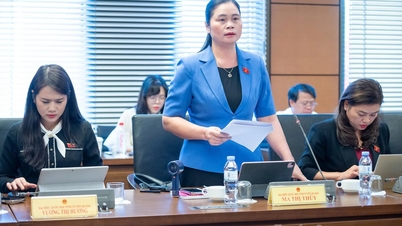



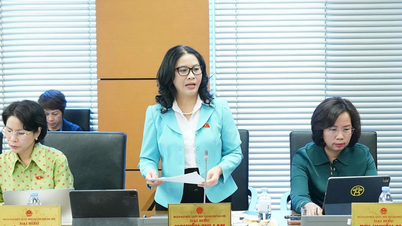
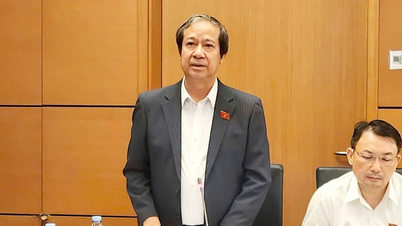
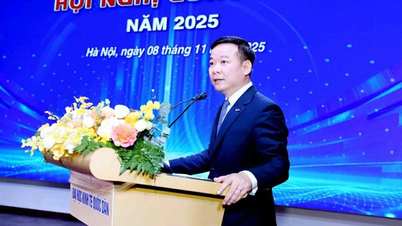


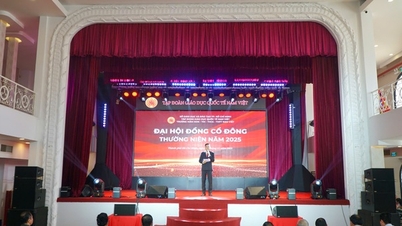

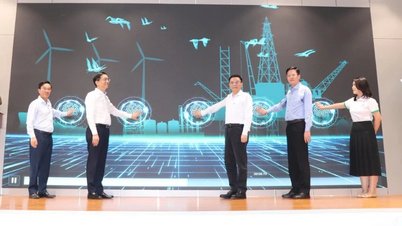












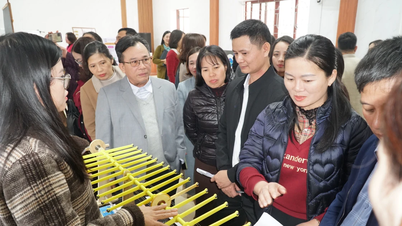
![[Photo] "Ship graveyard" on Xuan Dai Bay](https://vphoto.vietnam.vn/thumb/1200x675/vietnam/resource/IMAGE/2025/11/08/1762577162805_ndo_br_tb5-jpg.webp)







![[Video] Hue Monuments reopen to welcome visitors](https://vphoto.vietnam.vn/thumb/402x226/vietnam/resource/IMAGE/2025/11/05/1762301089171_dung01-05-43-09still013-jpg.webp)




























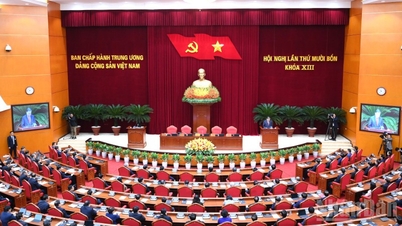



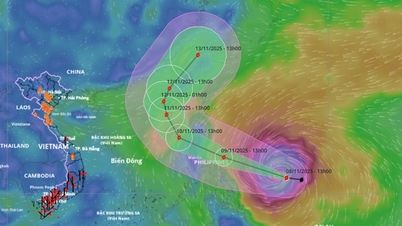








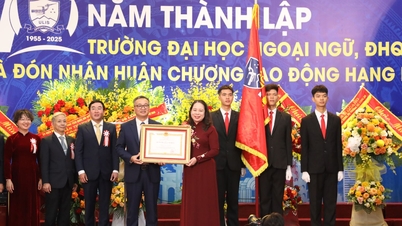



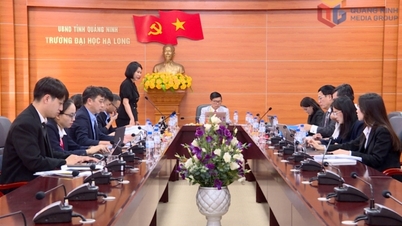

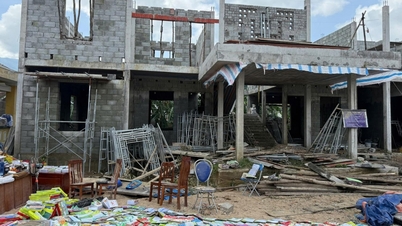



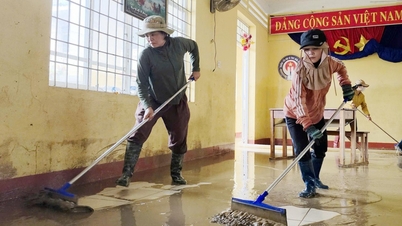














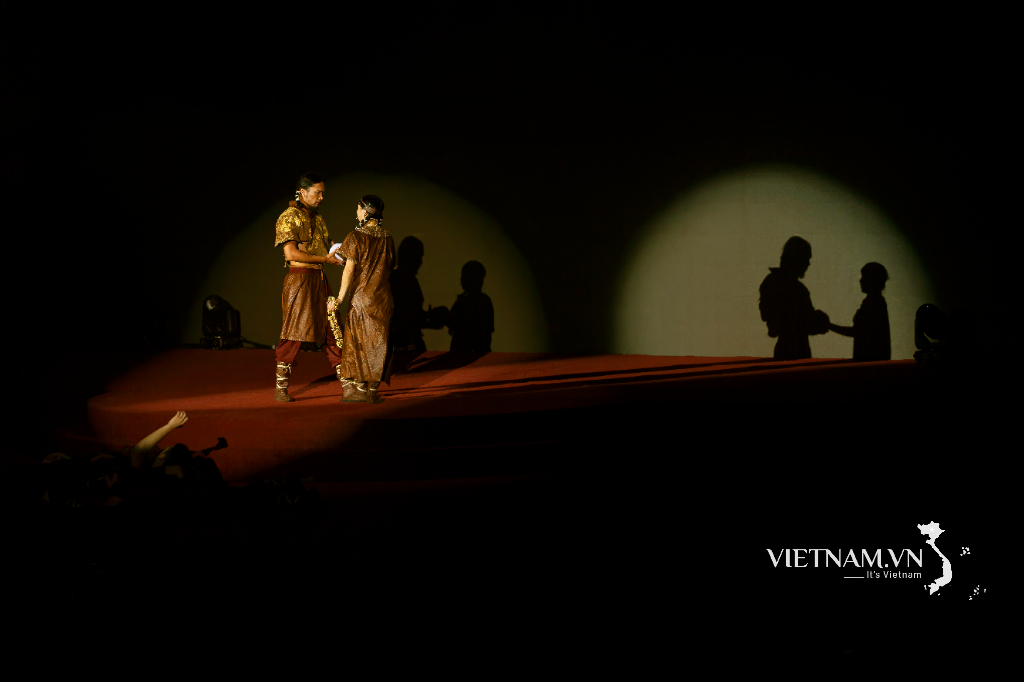


Comment (0)